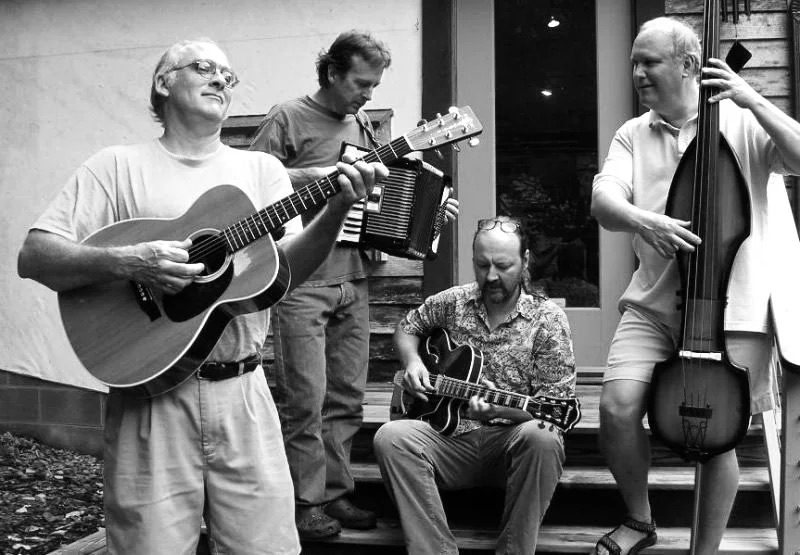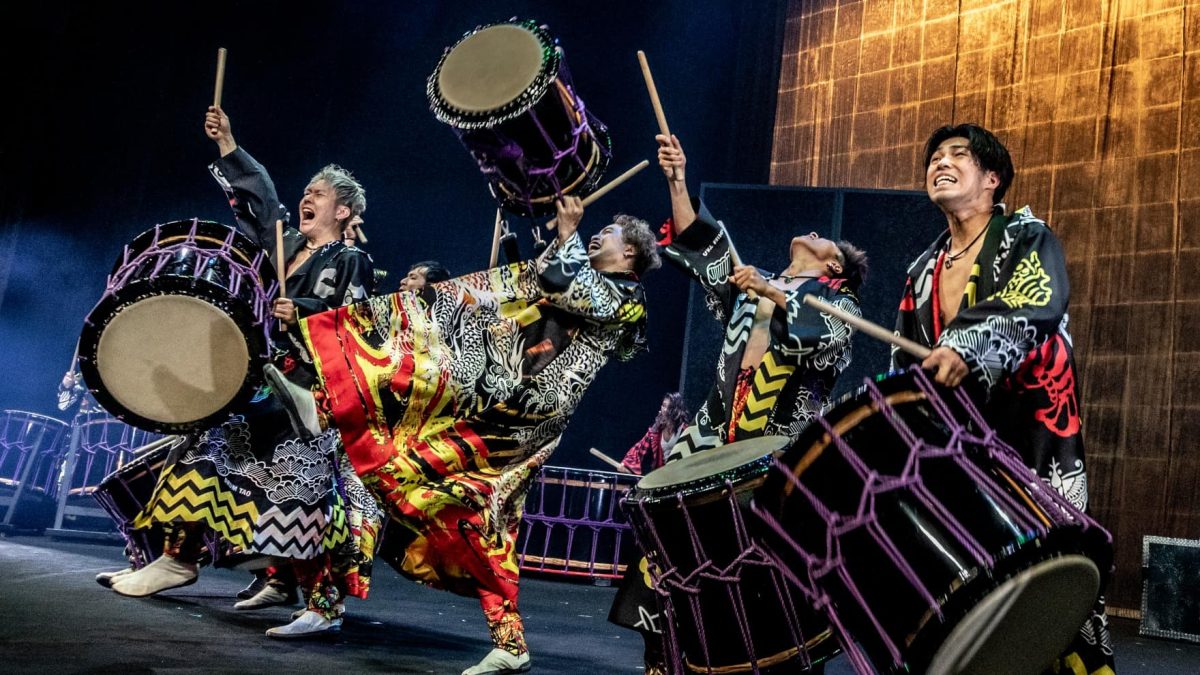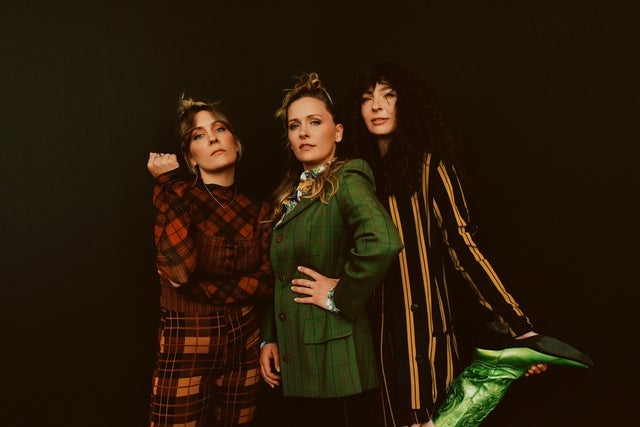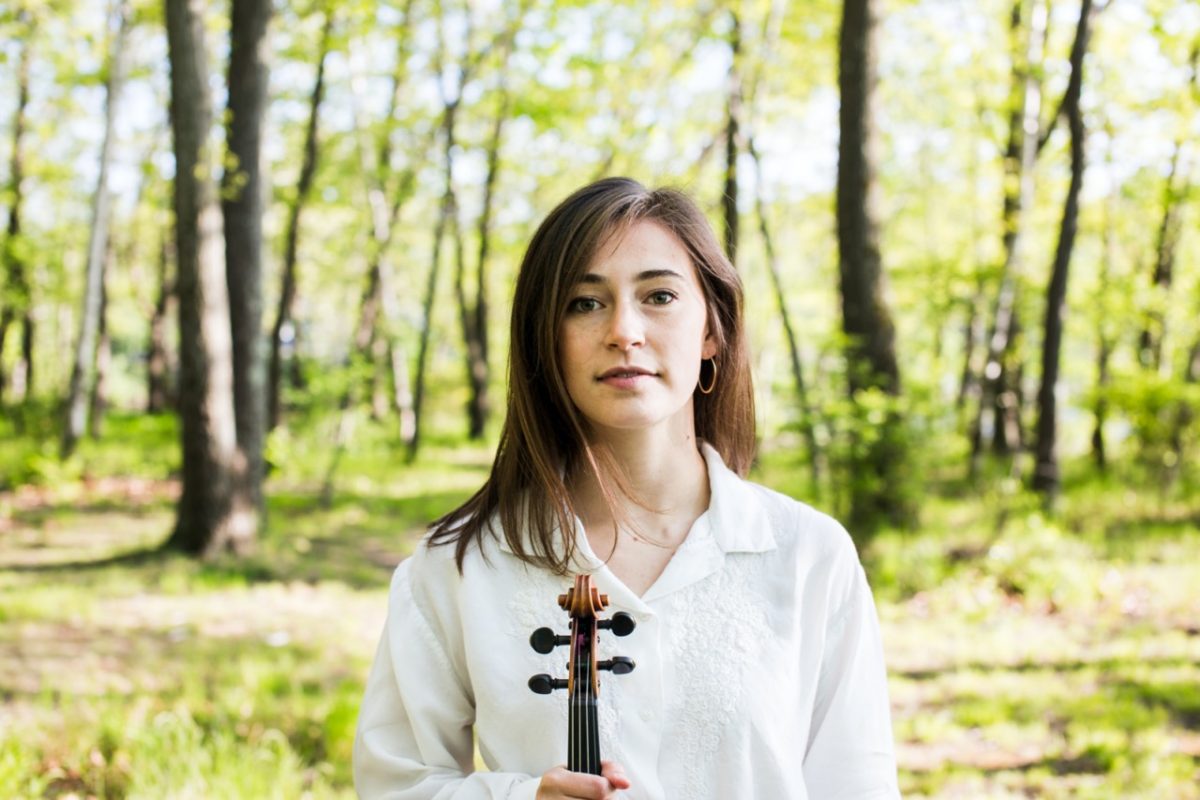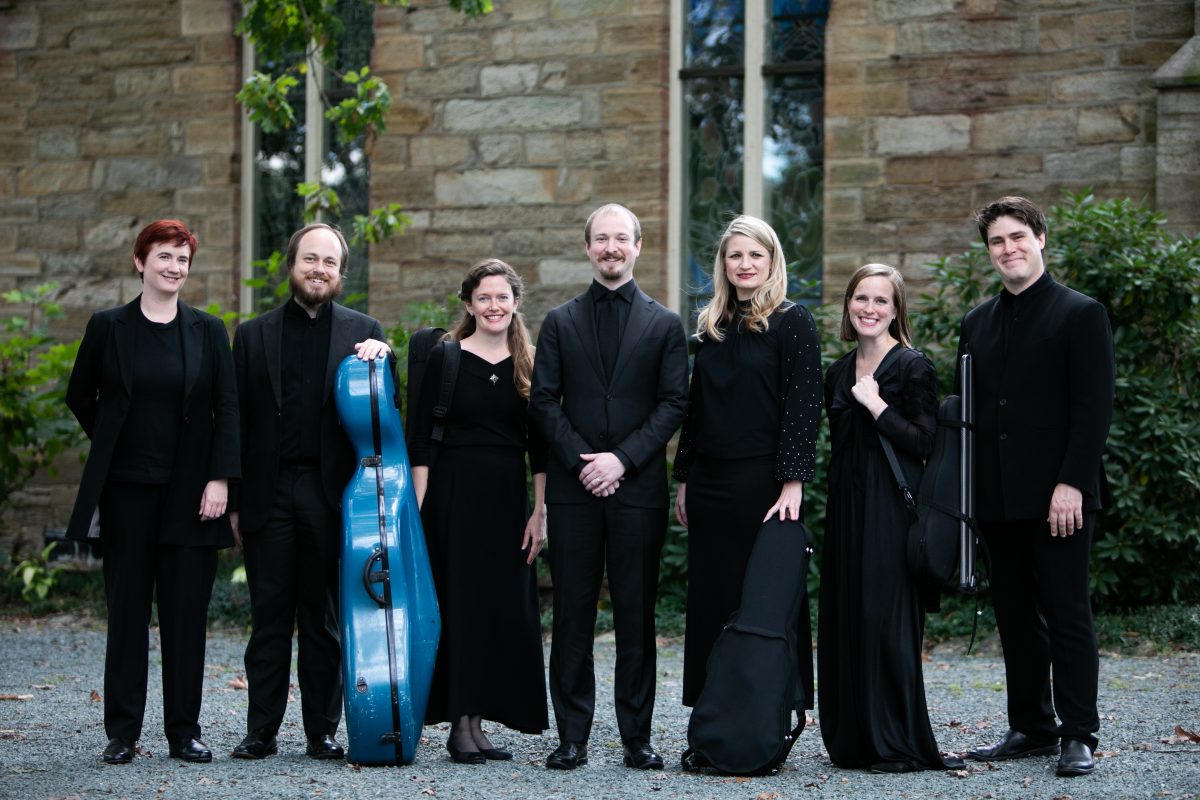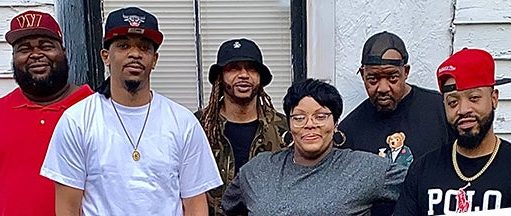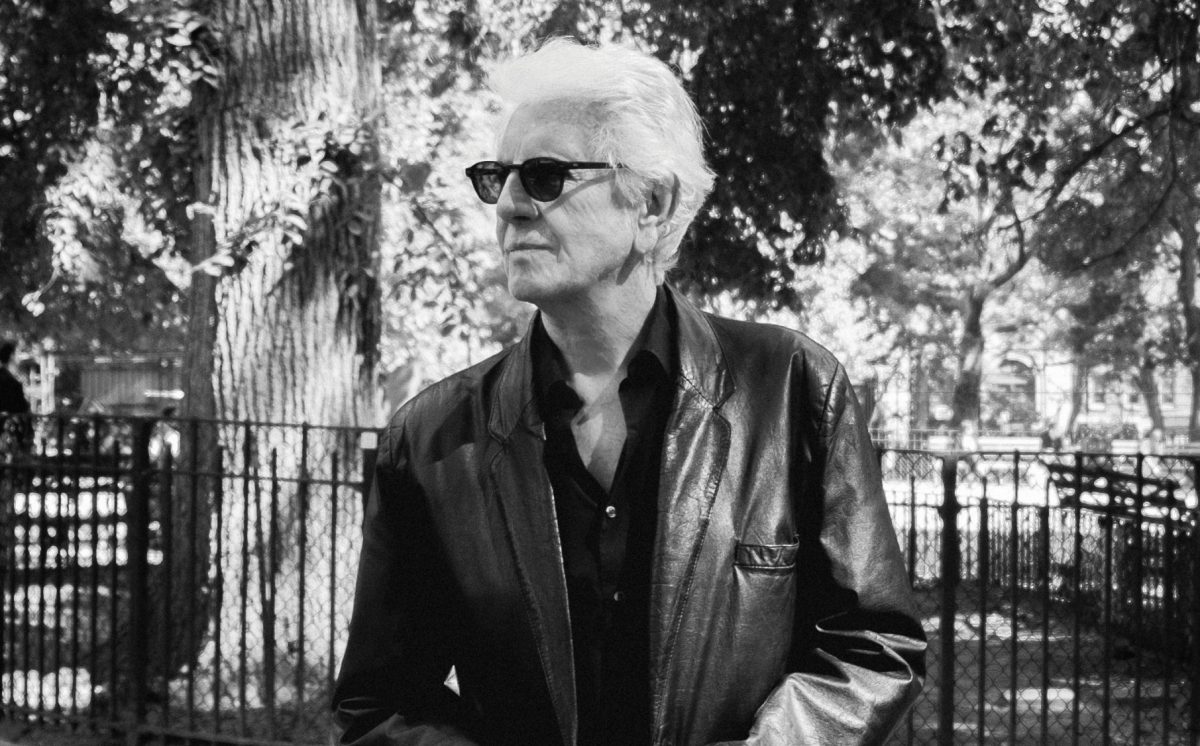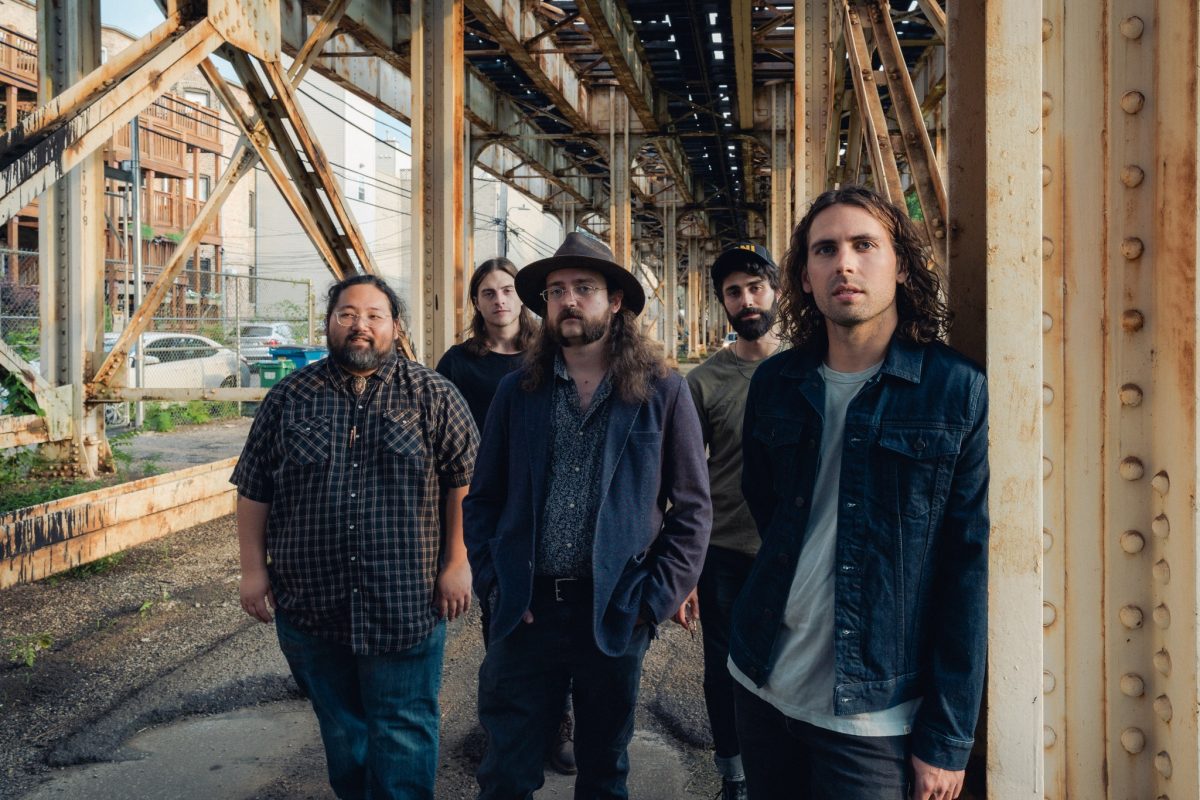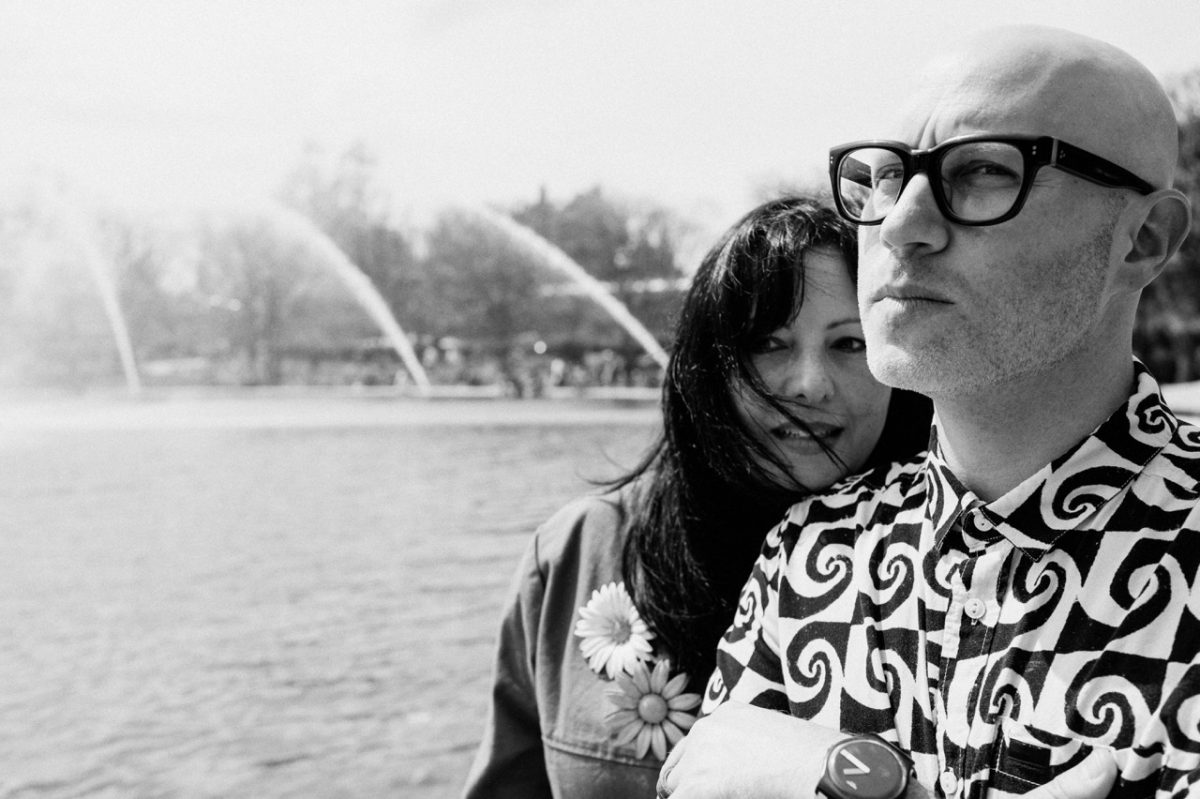When accomplished local violinist Fiona Hughes says she loves music that “transcends the divide between high art and popular,” she ain’t talking about the divide between Brian Eno and Bryan Adams.
Hughes is into the type of sounds that would’ve made the rounds in Colonial Virginia, specifically post-Renaissance baroque tunes. In other words, her favored songs might be high art by modern standards, but they were the toe-tapping jams of Jefferson’s day.
“I studied violin performance—typically classical violin,” Hughes says. “But I connected more with baroque music. It seemed closer to folk.”
Hughes and her Three Notch’d Road: The Virginia Baroque Ensemble will show Charlottesville what all that means when they unveil Sacred Harp: English, Irish & American Christmas from December 1 to 3. The holiday program will meander through music of the British Isles and America, highlighted by Irish folk songs and “The Sacred Harp,” an 1844 American shape note masterpiece developed from rural English church music. They will also premiere “Chesterton Carol,” the group’s own arrangement of a piece by renowned American composer Mark Nowakowski, based on G.K. Chesterton’s poem, “A Christmas Carol.”
“Mark is American, and so we have this present-day interest in our mother country represented,” Hughes says. “But the composition uses historic instruments.”
The Three Notch’d Road performances, running on consecutive nights at Christ Lutheran Church in Staunton, Emmanuel Episcopal Church in Greenwood, and Grace Episcopal Church in Keswick, will be headlined by Hughes on violin and vocals, as well as a hand-picked cast of early American music standouts. Sheila Dietrich sings soprano, Cameron Welke plays theorbo (a type of lute with a long neck for low notes), and founding Three Notch’d Road member Anne Timberlake plays recorder, itself related to some of the oldest instruments in the world.
Also appearing will be tenor Benjamin Geier, bassist Jared Swope, and baroque cellist Ryan Lowe. “Really the foundation is Ryan on cello and Cameron on guitar and lute,” Hughes says. “They provide the harmonic foundation.” Hughes’ baroque ensemble frequently features vocalists singing in harmony, and they’ll have an opportunity to shine during the holiday program on one of the Wexford Carols, a collection of traditional Irish folk songs about Christmas.
Hughes says the Charlottesville area has become a minor bastion of early music talent, with her ensemble approaching its 14th year of activity. Like the local craft beer maker of the same name, Hughes’ ensemble takes its moniker from the Colonial Three Notch’d Road. With its self-described “musicianship … founded on a vigorous historical approach,” Three Notch’d Road began doing four-engagement seasons in 2011. Hughes says she frequently includes a Christmas program, but it’s not by rule. In addition to the subscription series, the ensemble performs collectively and individually at schools throughout central Virginia.
Three Notch’d Road has appeared at the Waterford Concert Series, Ewell Concert Series at the College of William & Mary, Boston Early Music Festival Fringe Concert Series, and Tuesday Concert Series at Church of the Epiphany in Washington, D.C. The group has collaborated with the University of Virginia Chamber Singers under the direction of Michael Slon, and in 2013, the musicians presented the music of Salamone Rossi at the Italian Embassy in Washington, D.C.
Hughes says the Christmas show audience can expect to hear Irish fiddle tunes juxtaposed with arias by German composer George Frideric Handel, both of which were popular in America during the Colonial period. “Thomas Jefferson would’ve had Handel’s music in his collection,” Hughes says. “And in some ways, Handel’s Messiah is a public tradition at Christmas.”
Hughes says baroque music the world over—not only from Germany and Ireland, but also as far east as Japan—has much in common. The harmonies, for one, are “natural” and “not intentionally ugly like some modern music can be,” she says. The music is characterized by using instruments in more experimental ways than composers had previously, as well as an element of improvisation.
Hughes calls baroque music “emotionally broad,” and says it “appeals to the head.” And while her Sacred Harp program dips into multiple early music traditions, she thinks listeners will hear a clear throughline as the night progresses.
“It is like detective work … for every program I am really learning about the connections,” Hughes says. “In the past, we have focused on the English and American connection, but in this case, we are exploring the Irish influence too, which is a more recent wave of immigration in the 19th century.”
